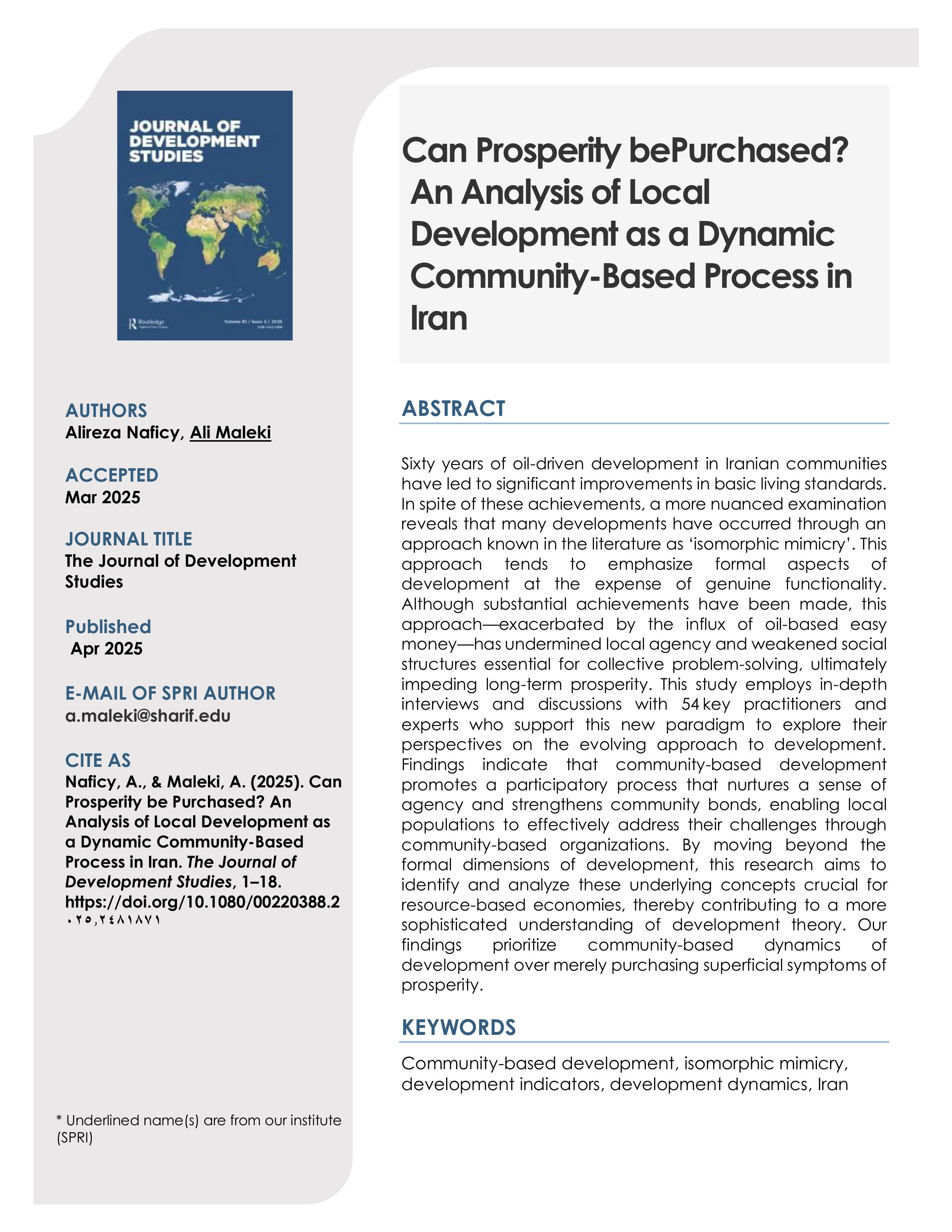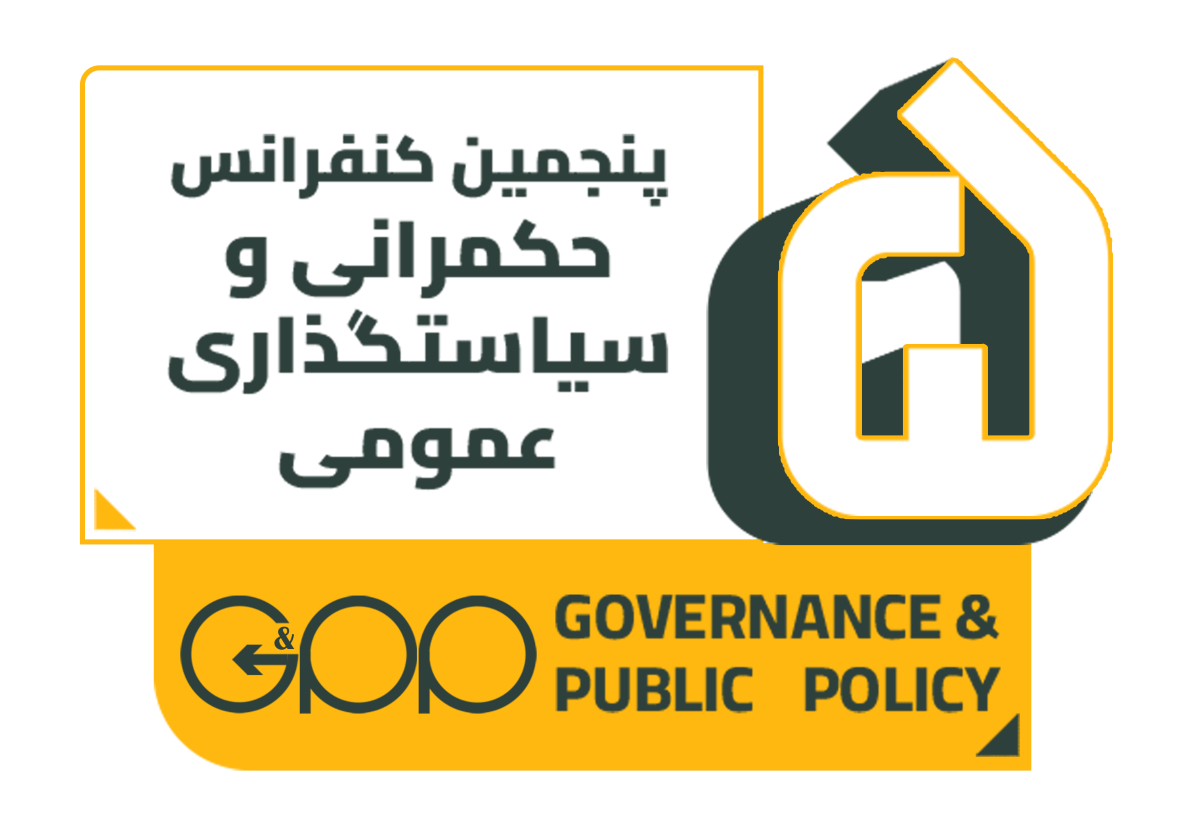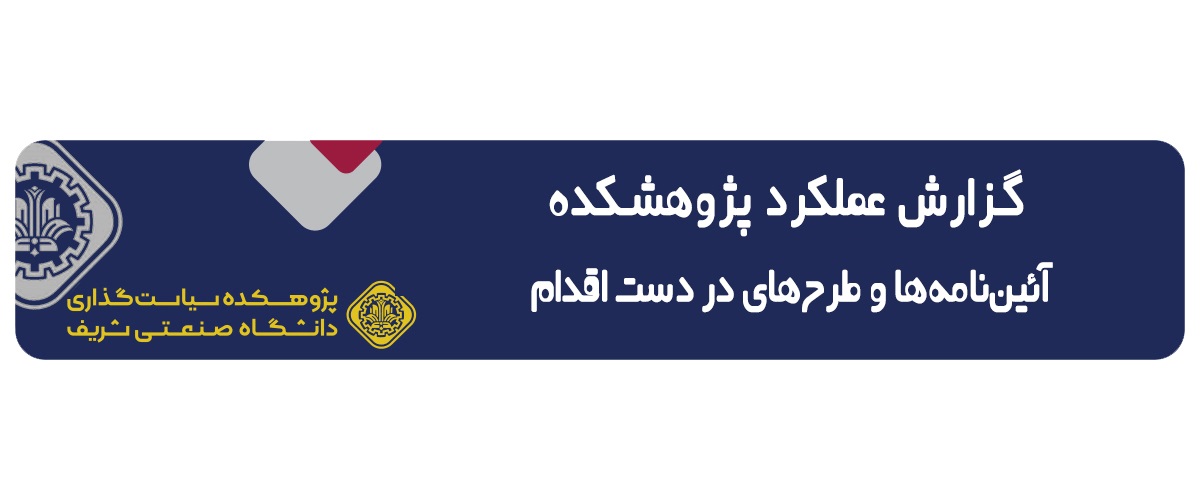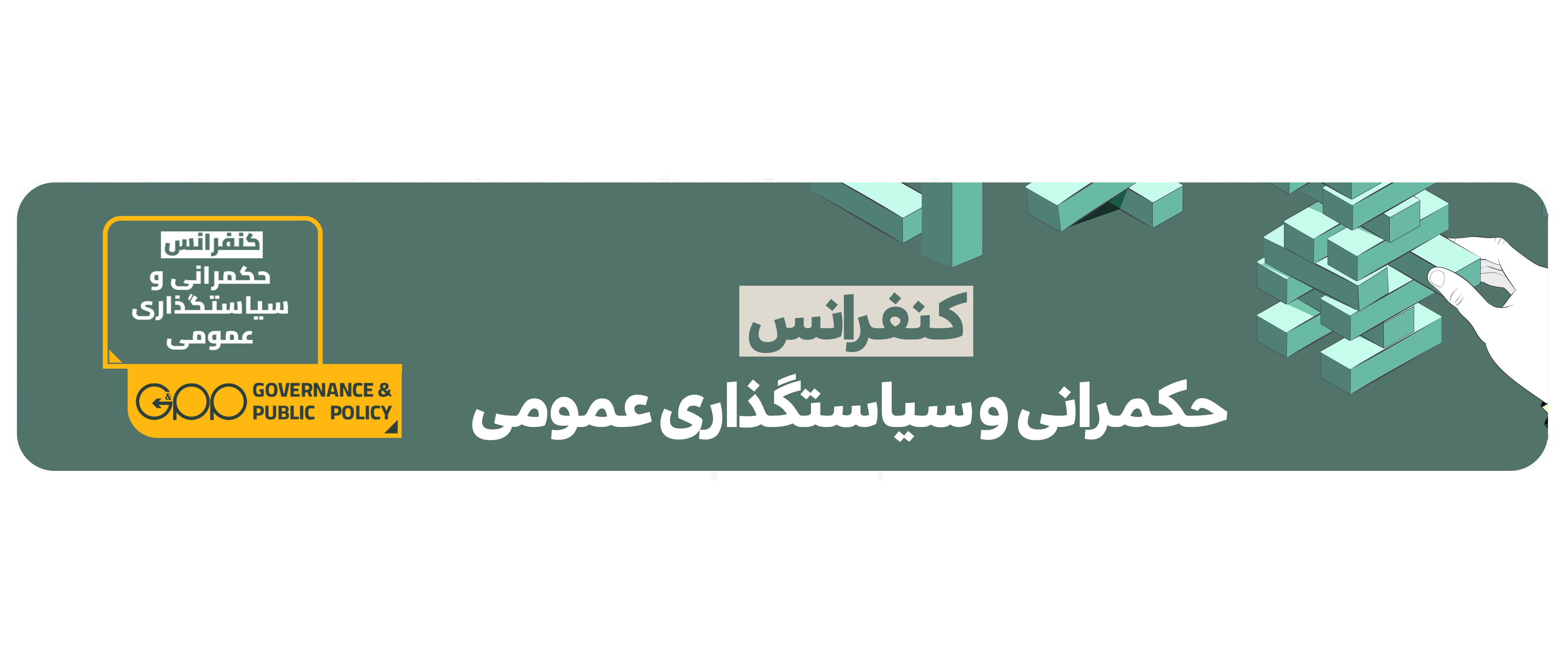abstract
Sixty years of oil-driven development in Iranian communities have led to significant improvements in basic living standards. In spite of these achievements, a more nuanced examination reveals that many developments have occurred through an approach known in the literature as ‘isomorphic mimicry’. This approach tends to emphasize formal aspects of development at the expense of genuine functionality. Although substantial achievements have been made, this approach—exacerbated by the influx of oil-based easy money—has undermined local agency and weakened social structures essential for collective problem-solving, ultimately impeding long-term prosperity. This study employs in-depth interviews and discussions with 54 key practitioners and experts who support this new paradigm to explore their perspectives on the evolving approach to development. Findings indicate that community-based development promotes a participatory process that nurtures a sense of agency and strengthens community bonds, enabling local populations to effectively address their challenges through community-based organizations. By moving beyond the formal dimensions of development, this research aims to identify and analyze these underlying concepts crucial for resource-based economies, thereby contributing to a more sophisticated understanding of development theory. Our findings prioritize community-based dynamics of development over merely purchasing superficial symptoms of prosperity.



 علی ملکی
علی ملکی




